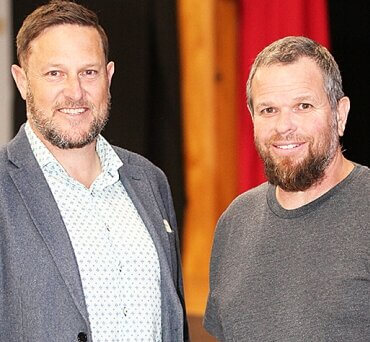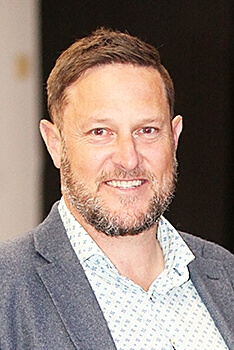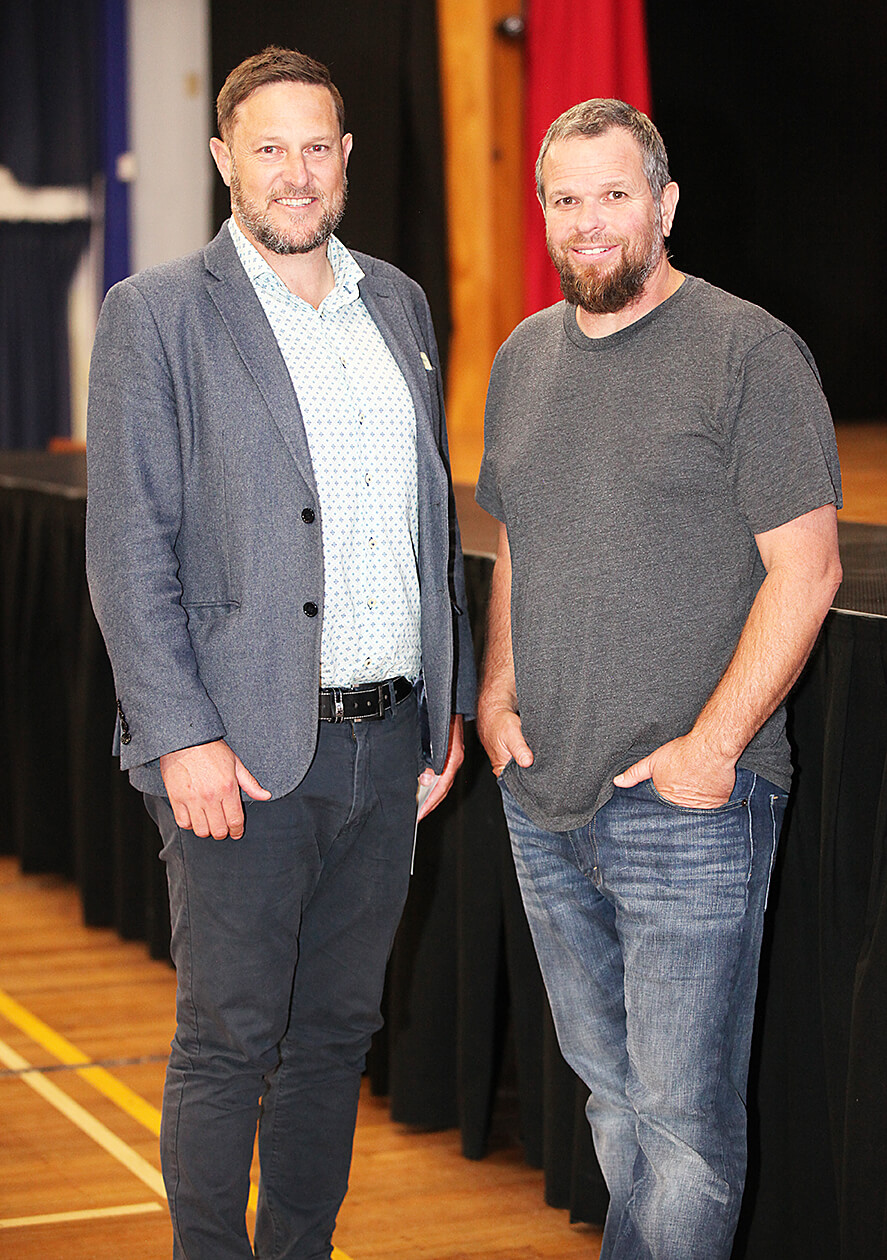
Counselling rates at a Cambridge school have skyrocketed and its principal says children are being exposed to new pressures via smartphones.
About 40 students at Cambridge Middle School are receiving counselling, principal Daryl Gibbs says.
“There are a variety of reasons behind that, including friendship issues and social anxiety, which can be compounded by social media use,” he said.
Gibbs spoke to The News after more than 100 adults attended a cyber safety evening at Cambridge Middle School last Thursday.
He said the school board had funded a counsellor for the last two years, “because of the need for these kids to have someone to talk to…”
In the United States a “massive study” had looked at the exponential increase in teen anxiety, suicide, self-harm and bullying since the introduction of the smart phone “and it’s undeniable”.
Last year 142 students were diagnosed with anxiety at the school – compared with only one or two a year just 5-10 years ago.
“Smartphones certainly aren’t the only cause of anxiety, but they are a contributor,” Gibbs said.
“Without mum and dad right beside them necessarily (children have) been given a phone and permission to sign in to Snapchat, Messenger, whatever… then as parents we start seeing the aftermath of my child disconnecting, my child constantly scrolling or my child anxious.”

‘A lot of this behaviour happens in the parents’ house in their lounge, in their bedroom, on a Saturday night and then the eyes sort of turn to us to fix it on a Monday’ – Daryl Gibbs
Rob Cope, who produced the 2020 documentary “Our Kids Online”, is a regular visitor to schools, where he discusses the impacts of social media and gaming on developing brains.
Gibbs said his messages, which include the importance of delaying social media, using appropriate filters and talking to children about how they interact online, are essential.
His school had increasingly dealt with the fallout of students’ activity and behaviour towards each other online through social media platforms over the past five years.
“A lot of this behaviour happens in the parents’ house in their lounge, in their bedroom, on a Saturday night and then the eyes sort of turn to us to fix it on a Monday.
“If parents are using all the tools that they have available to them, then we can work better in partnership with them, rather than [their children going] straight back home onto all the social media apps with the same lack of guidance or supervision, straight back into the fire.”
Referring to Cope’s address… “he talks about the fear of missing out – and when he hit me with some of those facts and figures, he’s sort of like fear of missing out on what? Creating anxiety for our kids, creating eating disorders for our kids, leading them down a path of self-harm and addiction to screens?”
Gibbs said he would encourage parents to delay the introduction of social media to children as long as possible.
He encouraged adults to take responsibility and warned “if you want to be your child’s best friend, the solutions are going to be hard to implement”.









